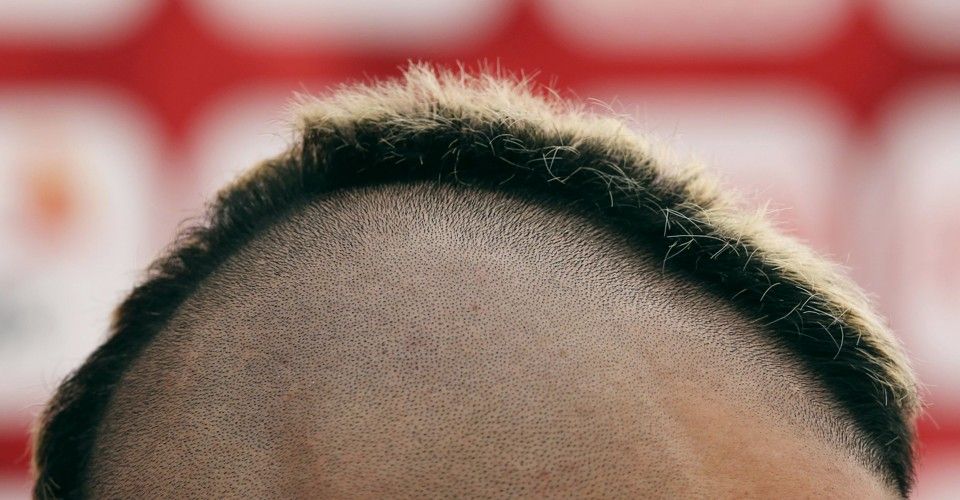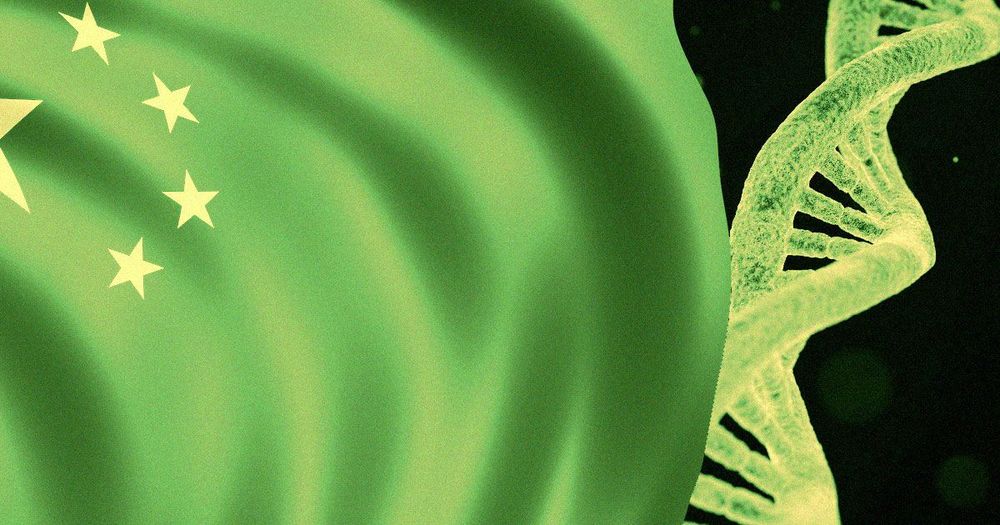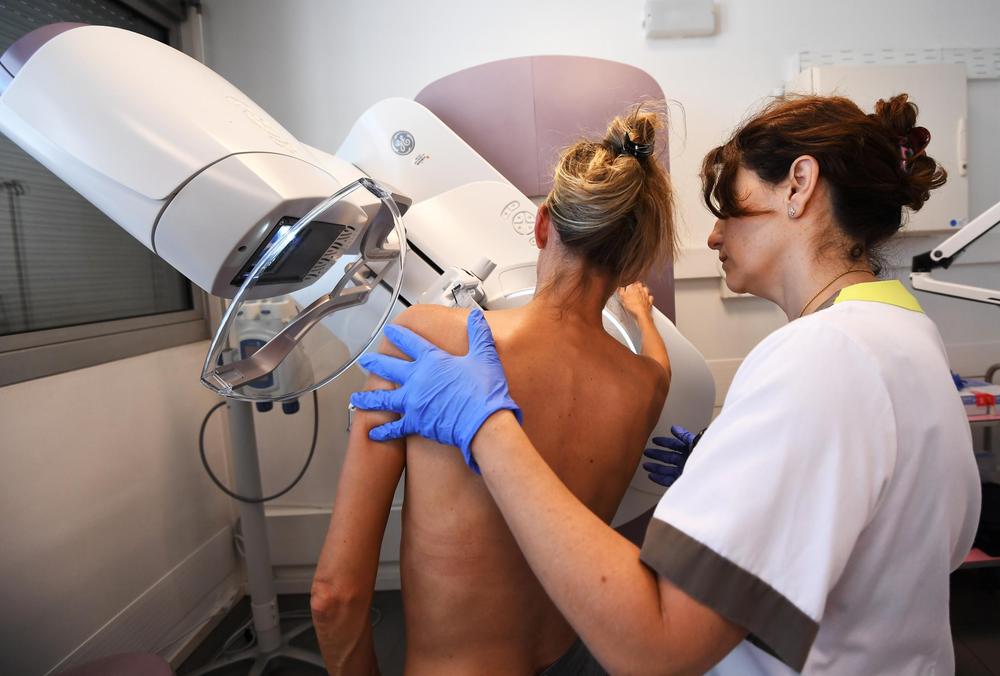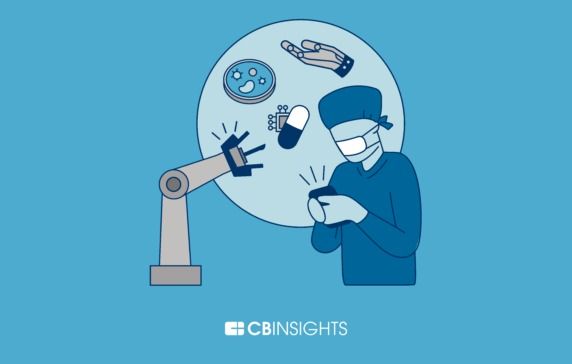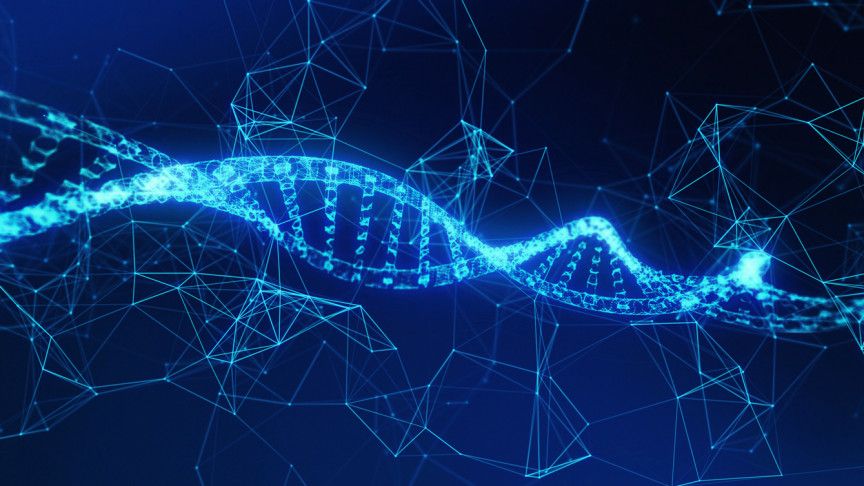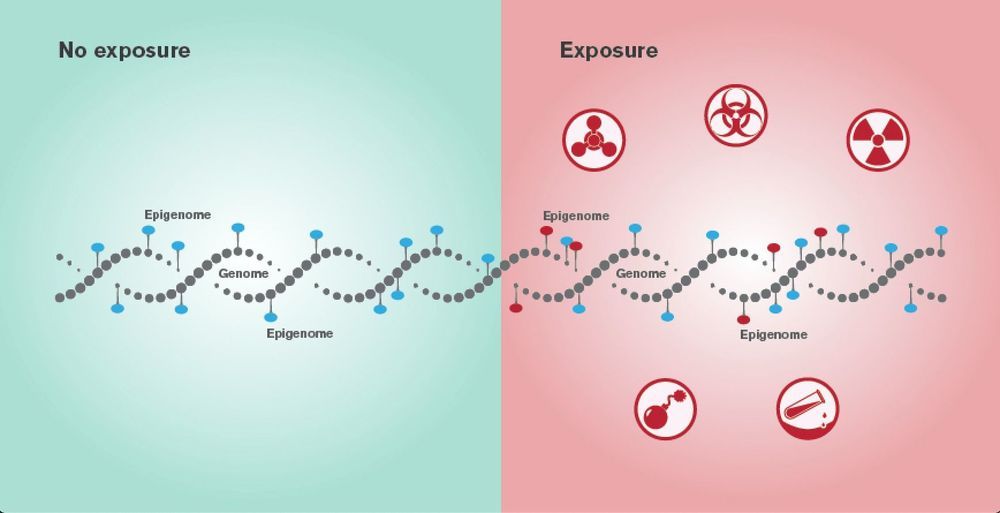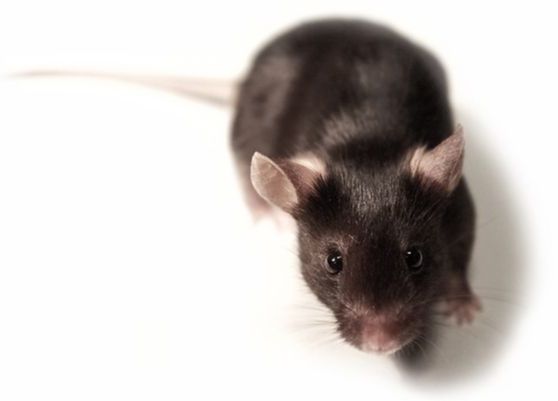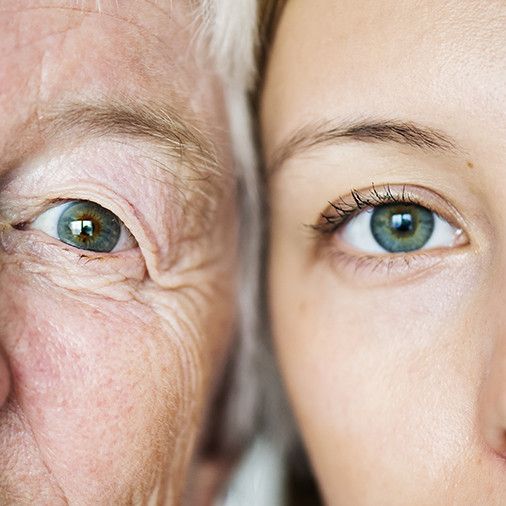Researchers have designed a tile set of DNA molecules that can carry out robust reprogrammable computations to execute six-bit algorithms and perform a variety of simple tasks. The system, which works thanks to the self-assembly of DNA strands designed to fit together in different ways while executing the algorithm, is an important milestone in constructing a universal DNA-based computing device.
The new system makes use of DNA’s ability to be programmed through the arrangement of its molecules. Each strand of DNA consists of a backbone and four types of molecules known as nucleotide bases – adenine, thymine, cytosine, and guanine (A, T, C, and G) – that can be arranged in any order. This order represents information that can be used by biological cells or, as in this case, by artificially engineered DNA molecules. The A, T, C, and G have a natural tendency to pair up with their counterparts: A base pairs with T, and C pairs with G. And a sequence of bases pairs up with a complementary sequence: ATTAGCA pairs up with TGCTAAT (in the reverse orientation), for example.
The DNA tile.


